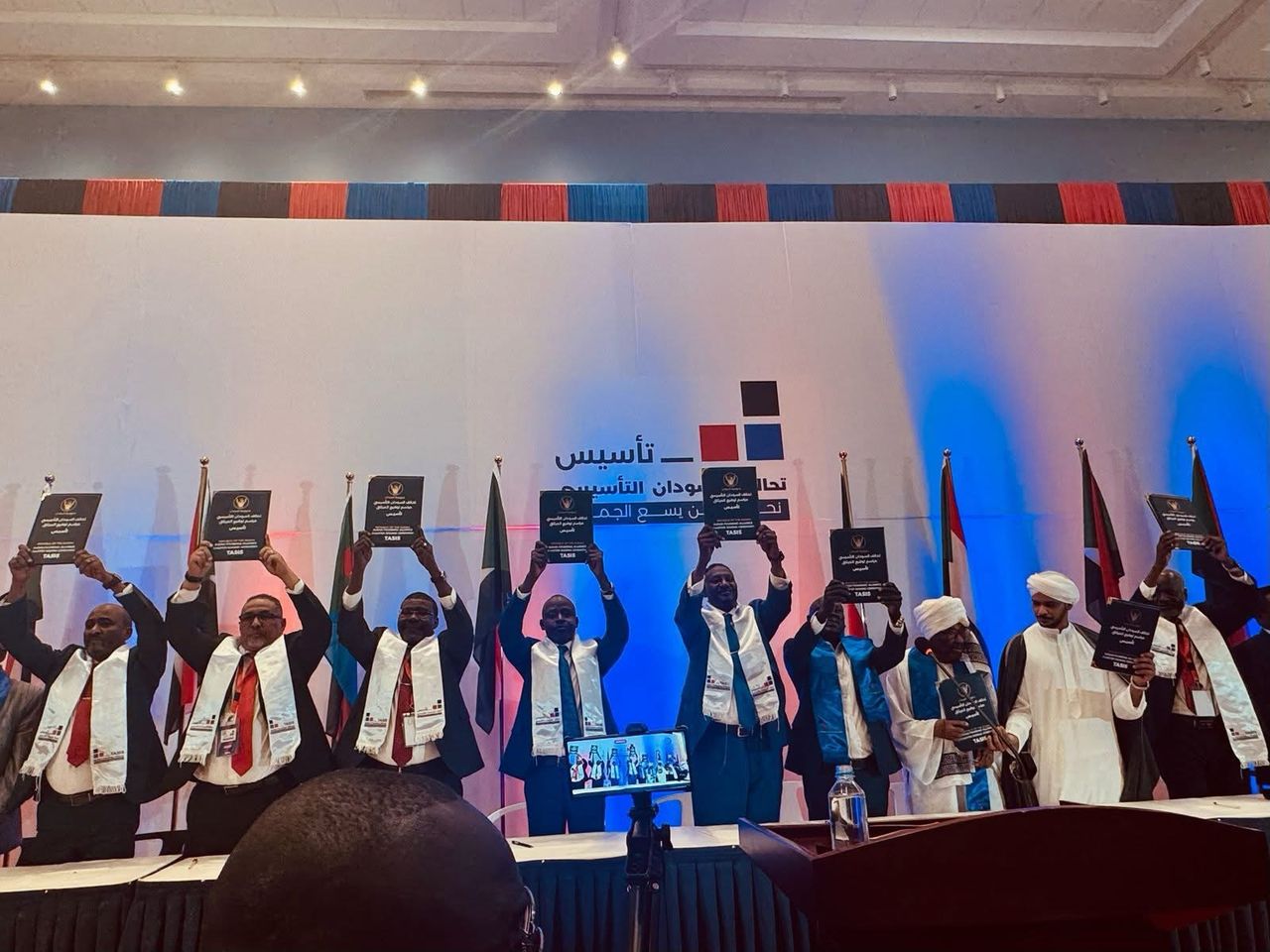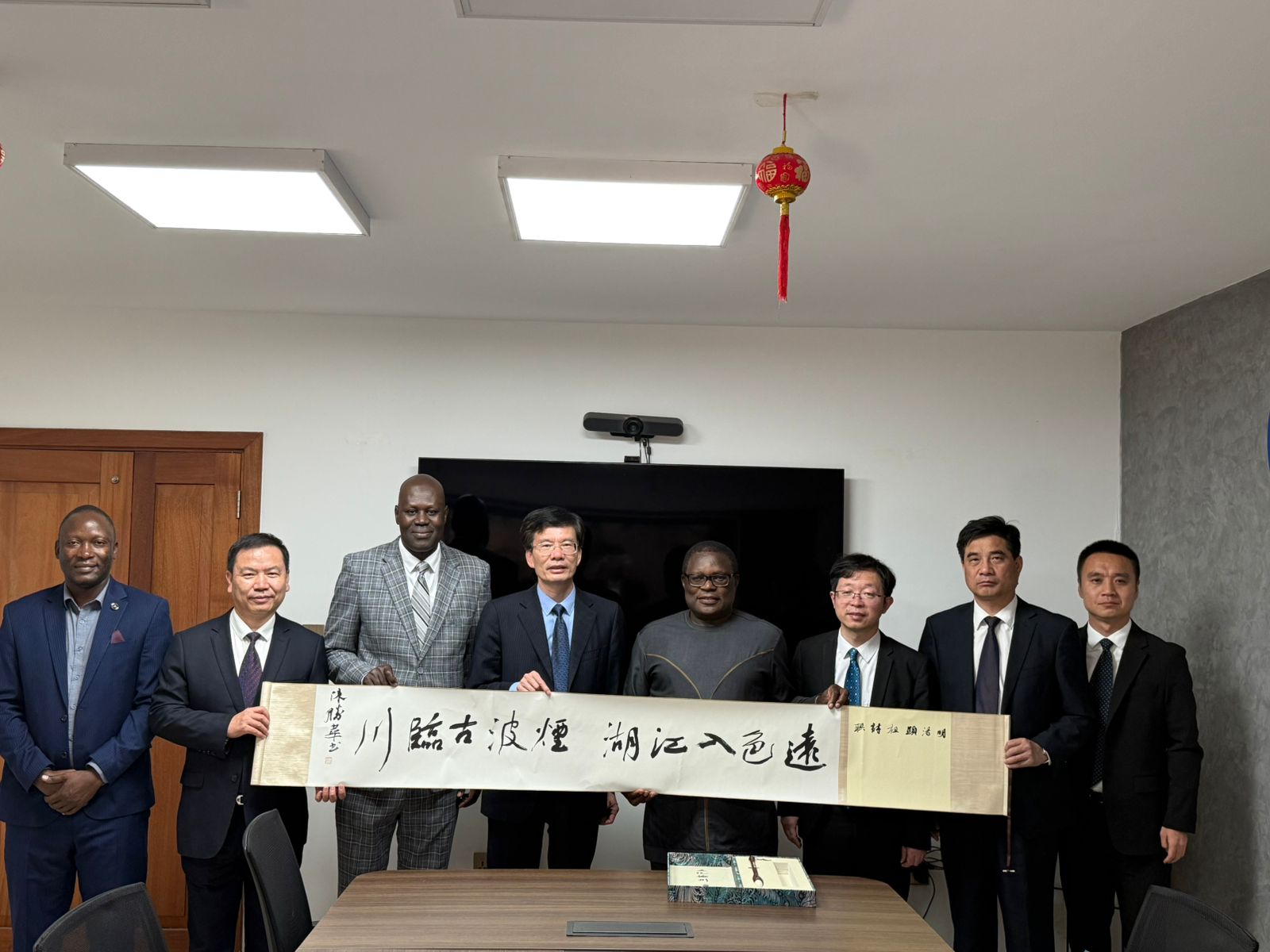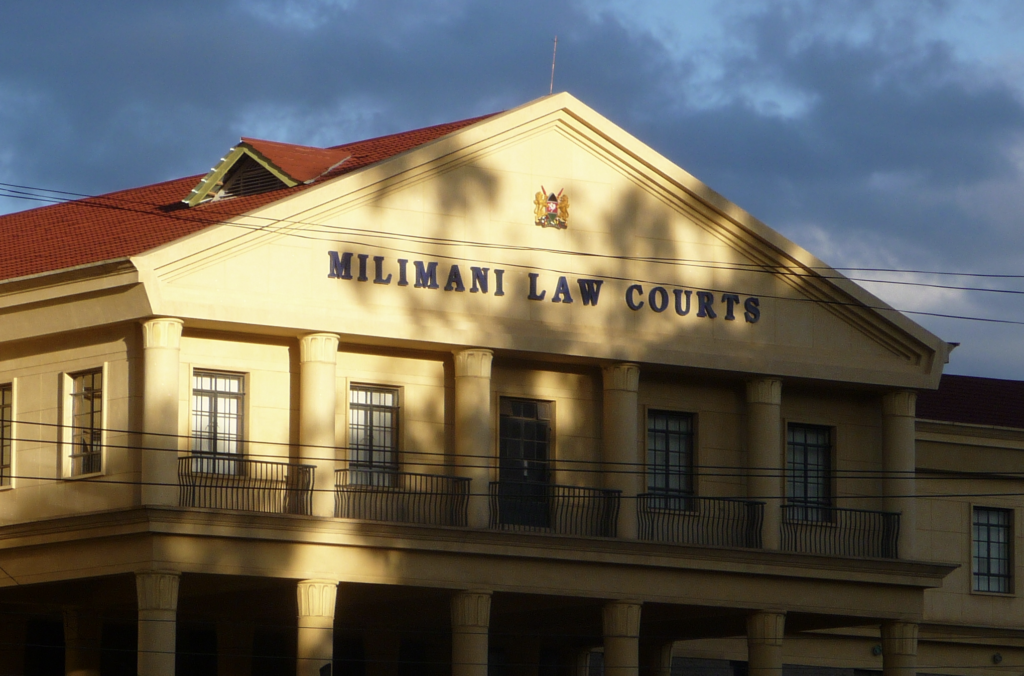Kenya finds itself embroiled in a diplomatic crisis following the abrupt cancellation of a high-profile visit by U.S. Secretary of State Marco Rubio, scheduled for 28 April 2025. The visit, intended as Rubio’s first official tour of Africa since his appointment by President Donald Trump, was called off at the last minute, with Washington citing concerns over Kenya’s deepening ties with China, persistent corruption, and alleged links to rebel groups in the Democratic Republic of Congo and Sudan.
The snub, coming at a delicate moment in Kenya’s foreign relations, raises questions about its strategic direction and global standing. The cancellation follows President William Ruto’s recent five-day state visit to Beijing, where he secured multiple bilateral agreements, reinforcing Kenya’s role in China’s Belt and Road Initiative. While Ruto’s administration touts the trip as a strategic triumph, it has intensified Western unease, particularly in the United States, Kenya’s largest bilateral donor. The perception that Nairobi is tilting too closely toward Beijing risks straining long-standing partnerships with Western allies.
Adding to the tension, several American firms, including Moderna, Microsoft, J.P. Morgan, and Talus Renewables, have reportedly shelved multi-billion-shilling investment plans in Kenya’s health, ICT, and manufacturing sectors. Sources cite demands for substantial kickbacks, part of the notorious “ten per cent” culture, as a key deterrent, dimming prospects for job creation and economic growth.
Further compounding the fallout, the United States Agency for International Development (USAID) has suspended billions of shillings in anticipated aid, jeopardizing funds agreed upon during Ruto’s 2023 White House visit. The move threatens Kenya’s development agenda and underscores the high stakes of its diplomatic missteps.
Francis Mwangangi, Machakos Deputy Governor and an international relations expert, views the cancellation as a pointed message. “This goes beyond Ruto’s China visit. The U.S. is signalling that integrity and regional alignment are non-negotiable. You cannot court foreign investment while being seen to engage with proscribed rebel groups,” he said.
Allegations of Kenya’s associations with rebel factions in the DRC and Sudan have added fuel to Washington’s concerns, casting doubt on Nairobi’s commitment to regional stability. These claims, coupled with entrenched corruption, have amplified scrutiny of Kenya’s foreign policy.
The Ministry of Foreign Affairs has remained conspicuously silent, with the Foreign Affairs Cabinet Secretary and senior diplomats yet to publicly address the developments. Government Spokesperson Isaac Mwaura’s response, when pressed by journalists, was dismissive: “Why should I talk to you when you have previously declined to use my quotes?” he reportedly said before ending a call. Such reticence has done little to quell public unease or clarify Kenya’s position.
Kenya’s foreign policy, ideally rooted in prudence and consistency, appears increasingly reactive and fragmented. Ruto’s eastward pivot may yield short-term gains in infrastructure and trade, but alienating the United States, a critical partner in development and security could prove costly. As global superpowers vie for influence, Kenya risks becoming a diplomatic outlier if it fails to balance its engagements with East and West.
The Foreign Ministry faces a pivotal moment to demonstrate deft diplomacy, particularly as Kenya’s economic resilience and geopolitical alignment come under intense scrutiny. A coherent strategy is essential to restore confidence and safeguard the nation’s international credibility.
The cancellation of Rubio’s visit is a wake-up call for Kenya’s leadership. To navigate this polarised geopolitical landscape, Nairobi must address corruption, clarify its regional engagements, and reassure Western partners of its commitment to shared values. Failure to do so could isolate Kenya at a time when global alliances are more critical than ever.





